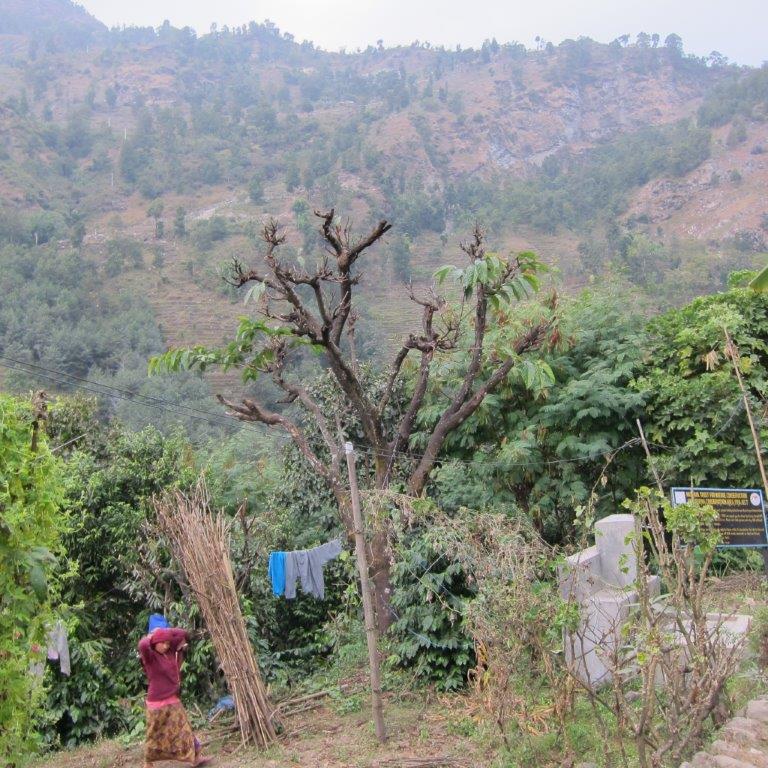Nepal, Decentralized management of natural resources
The project, which is part of Acropolis, aims at understanding the local determinants of the use of forests as well as institutional responses by the Nepali state to decrease deforestation, while improving livelihoods. Most of the stay consisted of meetings with members of the forest administration and of a governmental agency responsible for alternative energy diffusion (Biogas facilities, improved cookstoves, solar home systems, pico- and micro-hydroelectricty,...). Meetings with the department of forest consisted of restitution of already engaged projects (see Befind working paper), qualitative feedback on our work and both qualitative and quantitative inputs for further projects on the effect of decentralized management of forest on forest conservation. One of the key insight is that Community Forest User Groups (CFUG) generate sizeable income. Their budget is about 4 times as large as rural municipalities' budget. CFUGs' budget is then partly used to improve livelihoods and public infrastructure at the local level. Meetings with the Alternative energy Promotion Center (AEPC) allowed us to build a longer term relationship in which we would train some of AEPC's staff members while getting access to data on the diffusion of alternative energies. This is both important to understand their impact on forest cover and on livelihoods.
 |  |
|---|---|
|
|
 |
